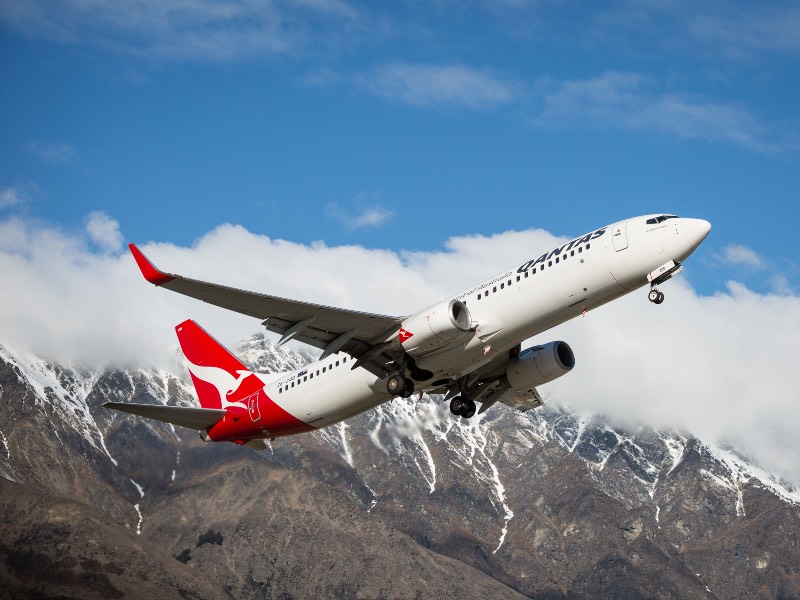- Joined
- Mar 25, 2010
- Posts
- 1,555
Why Qantas Points Are Not a Real Currency is an article written by AFF editorial staff:

 www.australianfrequentflyer.com.au
www.australianfrequentflyer.com.au
You can leave a comment or discuss this topic below.

Why Qantas Points Are Not a Real Currency
Qantas Frequent Flyer points have almost become a de-facto currency in Australia. But Qantas points are not like money for several reasons.
You can leave a comment or discuss this topic below.















